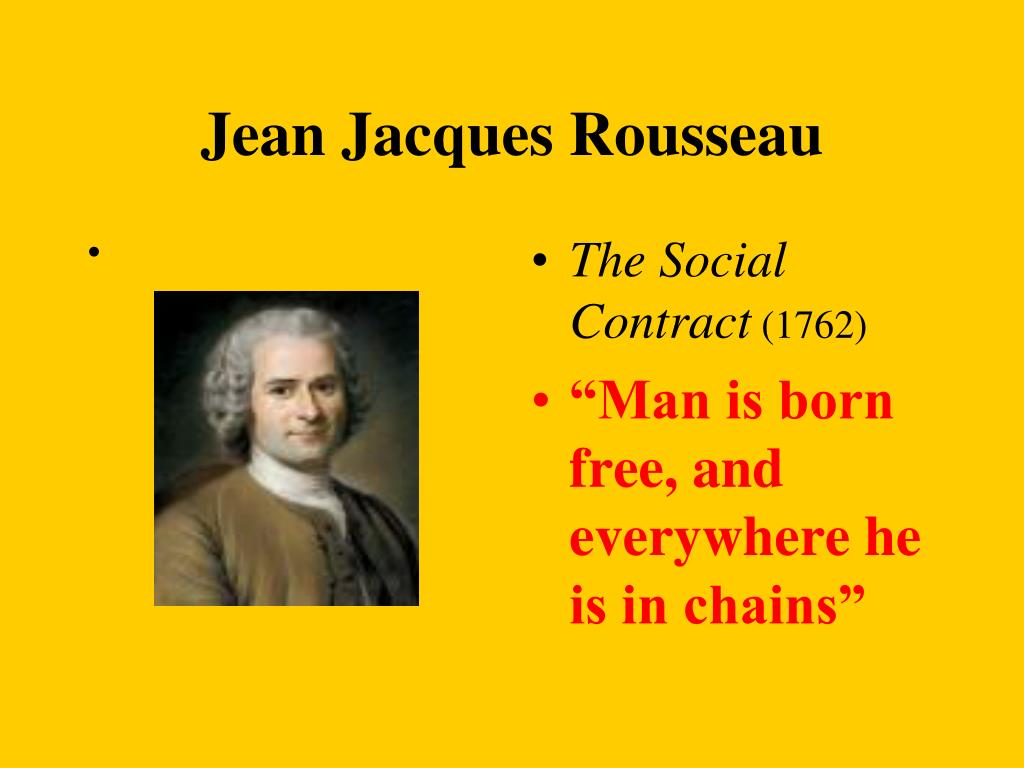
The Academy of Dijon asked in a newspaper: “Has the restoration of the sciences and arts contributed to the purification of morals?” Any intellectual would have immediately said yes.

The Prize Question: Is Humankind Inherently Good or Evil?Ĭoincidentally, Rousseau came across an advertisement that would determine his life henceforth. Later, the “noble savage” was instead considered a projection surface of the uncivilised yet morally unspoiled human. In a novel from 1714 the civilised European brought the achievement of fire to the brutalised savages. Until, in 1749, he had an “enlightenment”, as he himself called it. He educated himself autodidactically and moved from place to place throughout France. The young Rousseau was a difficult, headstrong character, who occasionally worked as a teacher, then was kept as a secretary and lover by a rich lady. Jean-Jacques Rousseau was born in Geneva in 1712, his mother died after he was born, his father, a respected clocksmith, taught the boy the love of literature – until he went into hiding after a violent attack on an (aristocratic) officer, plunging his son into an unsettled life. We find ourselves in the world of absolutism, Louis XV is firmly in control, those who can, live it up, castles are being built and splendid feasts are being celebrated. In a downright aristocratic world like Rousseau’s, these were unacceptable and dangerous ideas. The reason for this prohibition is very simple: In Rousseau’s utopia, neither God (we hear the outcry of the church!) nor aristocrats (that really was not possible) are needed, but rather one sovereign, namely the people.

Artikeltext: Rousseau and the World of Absolutism Jean-Jacques Rousseau (1712-1778) in a portrait from 1753.


 0 kommentar(er)
0 kommentar(er)
